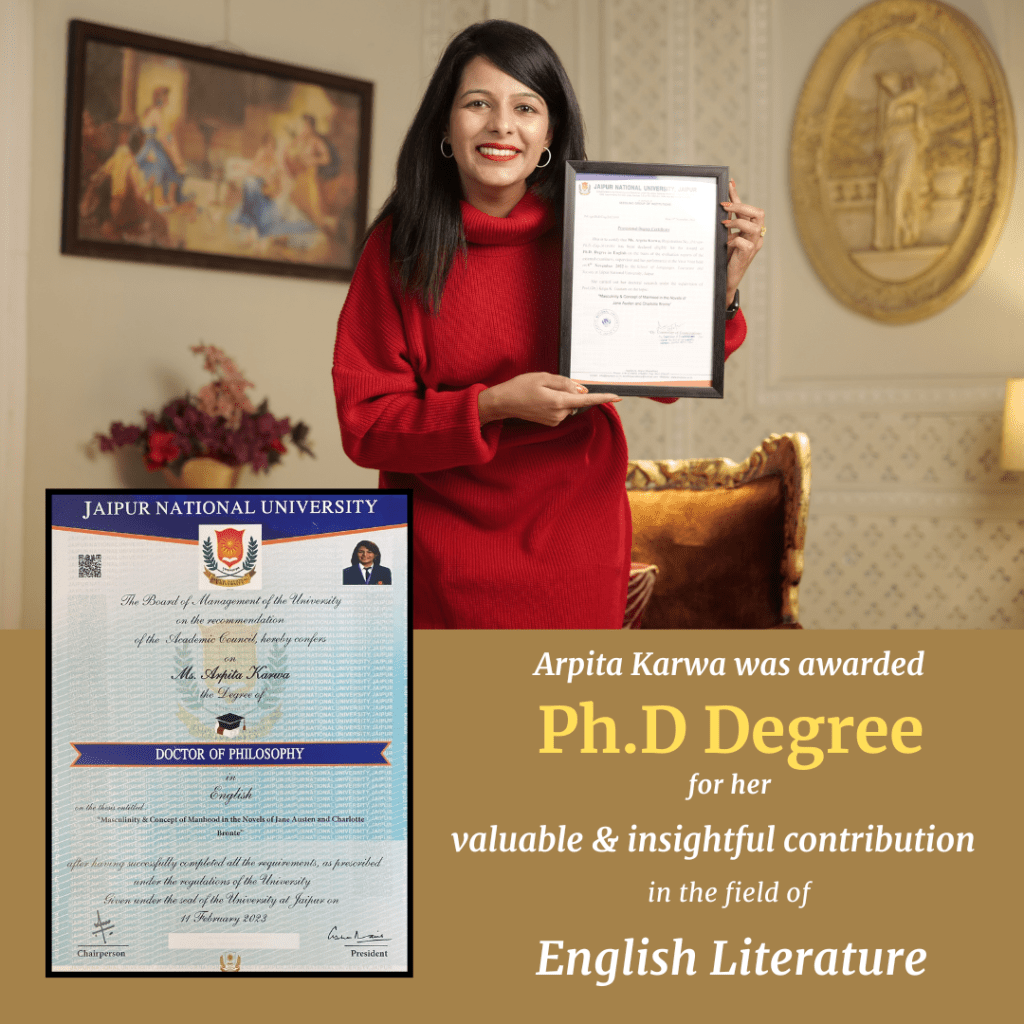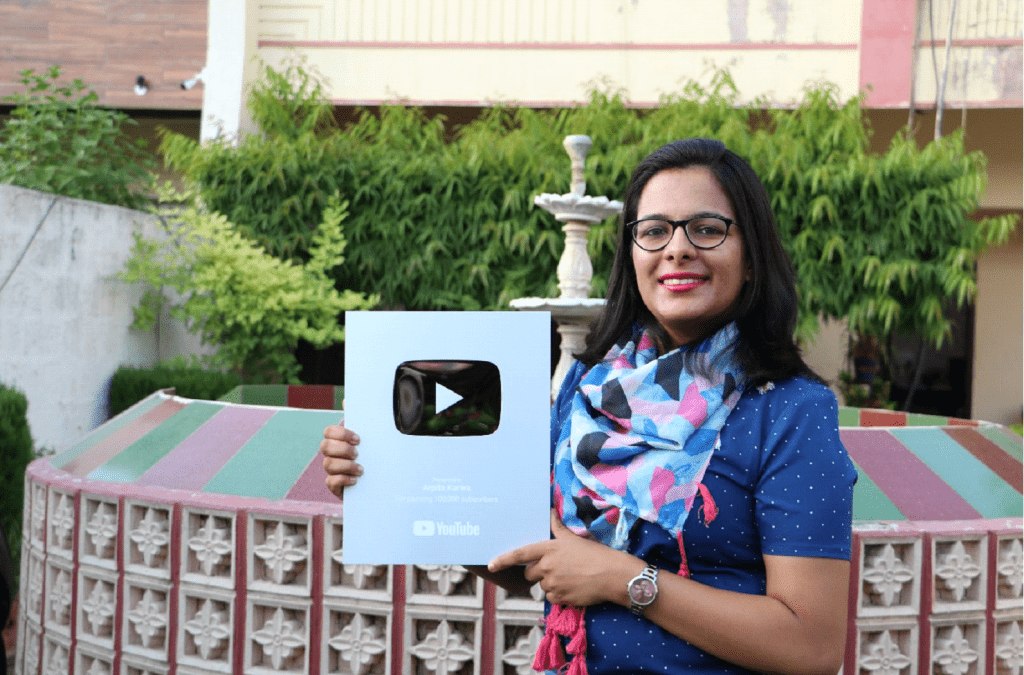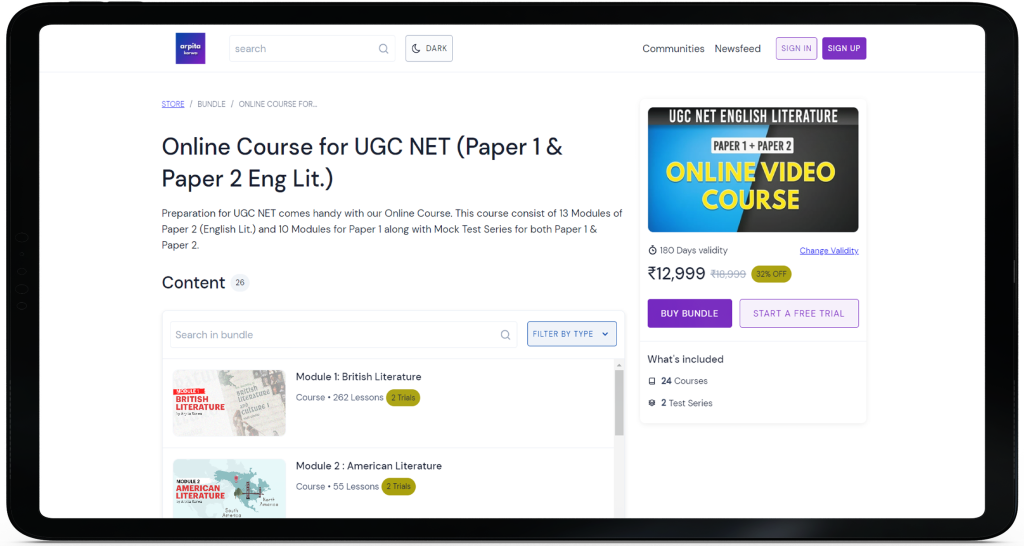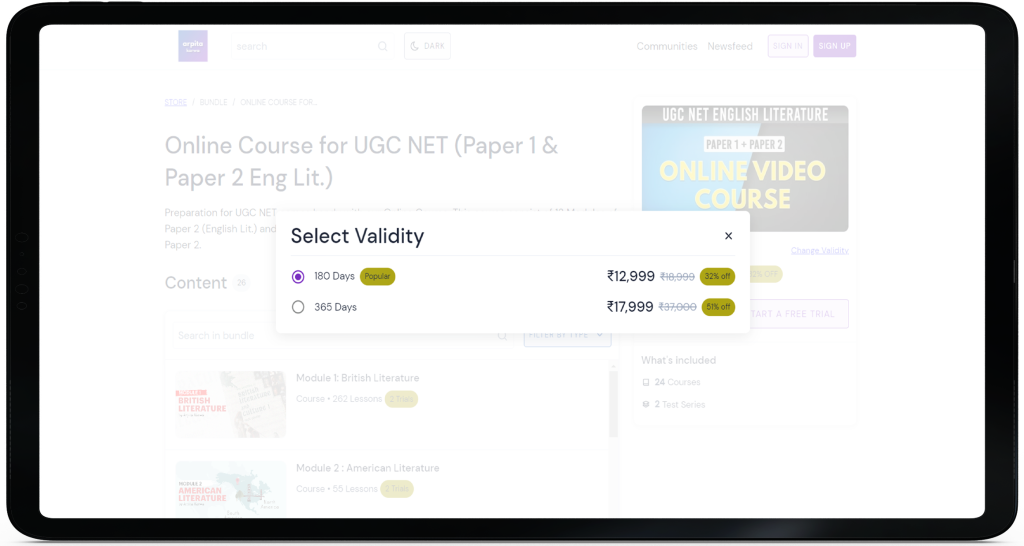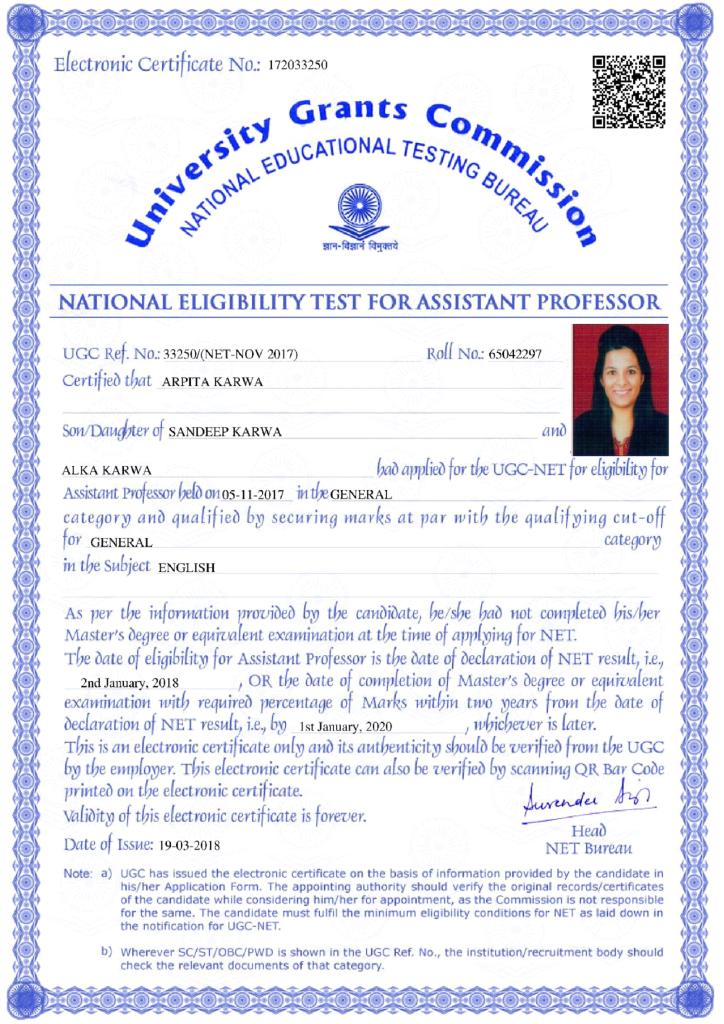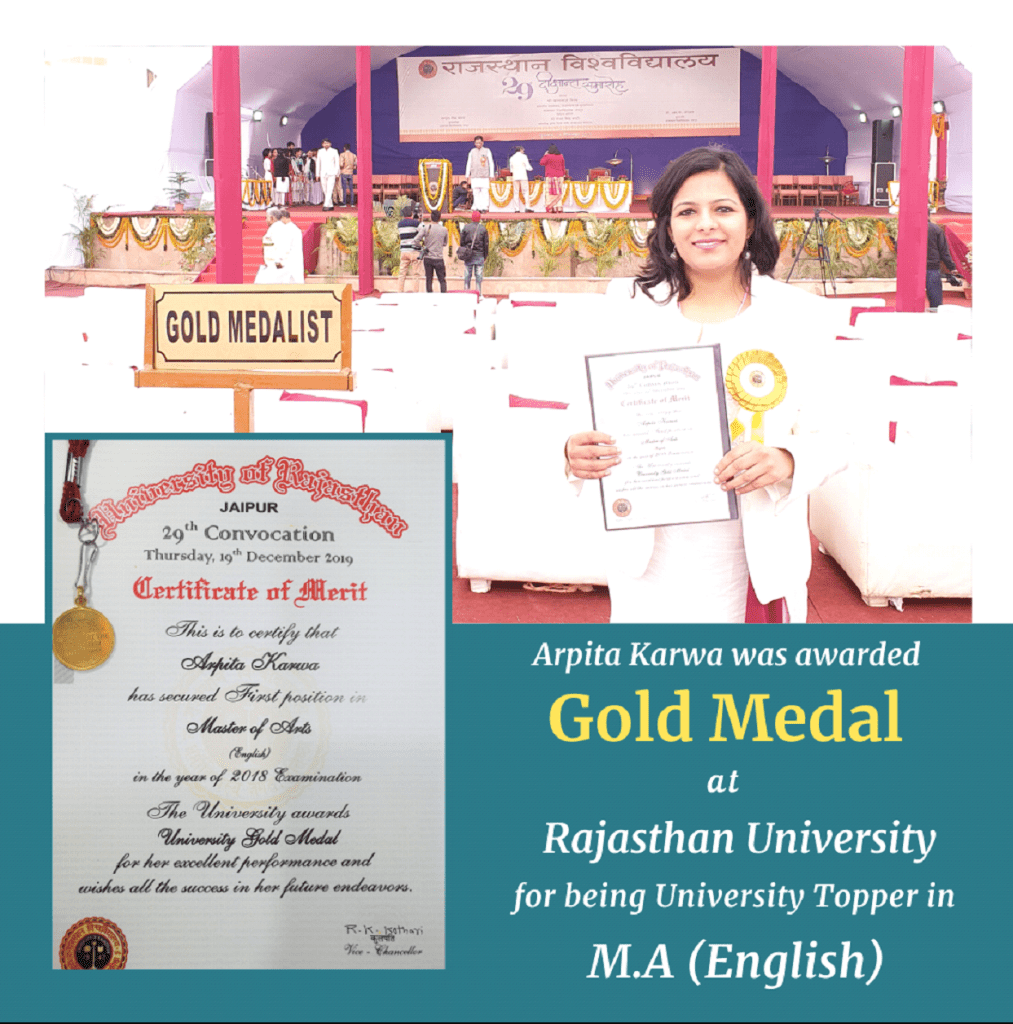UGC NET Paper 1 September 2020 (Conducted on 30th Sep 2020 : Morning Shift)
October 18, 2022 2025-08-18 15:55UGC NET Paper 1 September 2020 (Conducted on 30th Sep 2020 : Morning Shift)
September 2020: Paper 1 (Conducted on 30th Sep 2020 : Morning Shift)
Q. 1-5)
Q. 1) If the average monthly salary of employees in the Department – A was Rs. 24000 in 2018, then what was the approximate total salary expenses of the Department – A in 2018?
[1] Rs. 1.2 crores
[2] Rs. 4.7 crores
[3] Rs. 14 crores
[4] Rs. 9.5 crores
Correct Answer: 4
Q.2) What is the approximate percentage increase in the number of employees in the Department – C in the year 2019 with reference to the year 2018?
[1] 2%
[2] 2.34%
[3] 2.345%
[4] 8.34%
Correct Answer: 3
Q.3) In which department the variation (represented by absolute numbers) in employee strength is maximum in 2019 with reference to 2018?
[1] Department – A
[2] Department – B
[3] Department – D
[4] Department – E
Correct Answer: 3
Q.4) If 300 employees had left the Department – B at the end of 2018, then how many new employees joined in 2019 in the Department – B?
[1] 480
[2] 960
[3] 1360
[4] 1140
Correct Answer: 3
Q.5) What s the ratio of the number of employees in the department – E in 2018 compared to those in the department – D in 2019?
[1] 9:25
[2] 9:15
[3] 8:15
[4] 8:25
Correct Answer: 1
Q.6) Which learning theory provides support for active participation of learner in the learning process in an interactional setting with intrinsic motivation as the basis?
[1] S-R Theory of Watson
[2] Reinforcement Theory of Skinner
[3] Constructivist Theory of Vygotsy
[4] Insight Theory of Kohler
Correct Answer: 3
Q.7) While reporting the result of assessment a college teacher makes use of percentile ranks in place of scores obtained by his/her students. What kind of evaluation will it be called?
[1] Criterion-referenced
[2] Norm-referenced
[3] Formative
[4] Summative
Correct Answer: 2
Q.8) Statement I: Programmed Instructional material uses active responding and immediate feedback as important principles for learning
Statement II: Skinner’s reinforcement principle is the basis for the preparation of linear types of programmed instructional material
[1] Both Statement I and Statement Il are true
[2] Both Statement I and Statement Il are false
[3] Statement I is true but Statement Il is false
[4] Statement I is false but Statement Il is true
Correct Answer: 1
Q.9) Which of the following educational objectives are considered to be of higher level in the affective domain of taxonomic scheme?
A. Synthesis
B. Characterization
C. Analysis
D. Organization
E. Precision
[1] AB
[2] BC
[3] BD
[4] DE
Correct Answer: 3
Q.10) Which of the following describe understanding level teaching?
A. Systematic, step by step presentation to promote retention of facts presented
B. Giving a large number of positive and negative examples to explain concepts
C. Insisting on effective storage of information
D. Helping to promote seeing of relationships among facts
E. Critical sifting of facts and information
[1] AB
[2] BC
[3] CD
[4] BD
Correct Answer: 4
Q.11) Statement I: A research hypothesis is a tentative statement postulating a relationship between factual and conceptual elements of the variables
Statement II: A researcher sets up a “Null hypothesis” so that the deduced consequences of a research hypothesis may be directly tested
[1] Both Statement I and Statement Il are true
[2] Both Statement I and Statement Il are false
[3] Statement I is correct but Statement Il is false
[4] Statement I is incorrect but Statement Il is true
Correct Answer: 3
Q.12) “School principal’s influence on trust: Perspectives of mother’s children with disabilities”
[1] Experimental method
[2] Focused group discussion (FGD) based method
[3] Descriptive survey method
[4] Ex post facto method
Correct Answer: 2
Q.13) In which one of the sampling methods, units comprising its constituents are groups taken intact rather than individually?
[1] Cluster sampling method
[2] Simple random sampling method
[3] Systematic sampling method
[4] Dimensional sampling method
Correct Answer: 1
Q.14) Statement I: Qualitative research is an umbrella term to refer to various research strategies that share certain characteristics
Statement II: The research-data collected in qualitative research has been termed soft i.e, rich in description of people, places and conversation etc.
[1] Both Statement I and Statement Il are true
[2] Both Statement I and Statement Il are false
[3] Statement I is correct but Statement Il is false
[4] Statement I is incorrect but Statement Il is true
Correct Answer: 1
Q.15) The scope for violating research ethics is considered to be relevant in respect of which of the following stages in a research study?
A. Formulating research hypothesis and setting up a Null hypothesis for testing it
B. Defining and delimiting the scope of the research study
C. Analysing and interpreting research data
D. In defining a research population and method of sampling
E. Reporting the research findings and using the same as a basis for policy formulation
[1] CE
[2] AB
[3] BC
[4] DE
Correct Answer: 1
Q.16) Because of new media, learning is no longer an assembly of-
[1] Liberal views
[2] Technology-based efforts
[3] Facts
[4] Knowledge
Correct Answer: 3
Q.17) What are the most prominent elements in the management of communication in an educational institution?
A. Sidetracking oppositional views
B. Structuring work roles
C. Commanding over colleagues and students
D. Keep others informed
E. Guiding others wherever possible
[1] ABC
[2] BCD
[3] CDE
[4] BDE
Correct Answer: 4
Q.18) Statement I: In a classroom, every teacher has to perform the gatekeeping function
Statement II: Every teacher in any higher educational institution should act as the moral custodian of students, both inside and outside it
[1] Both Statement I and Statement Il are true
[2] Both Statement I and Statement Il are false
[3] Statement I is correct but Statement Il is false
[4] Statement I is incorrect but Statement Il is true
Correct Answer: 3
Q.19) The chronological sequence of institutions of educational communication is
A. AIR
B. CEC
C. UGC – Countrywide classroom
D. Gyan Vani
[1] ACBD
[2] ABCD
[3] BCAD
[4] DABC
Correct Answer: 1
Q.20) Match the column:
A. Dyadic communication
B. Public communication
C. Organisational communication
D. Mass communication
I. messages flow through a network of inter-dependent relationships
II. uses a medium to reach a large anonymous audience
III. provides equal opportunity to communicate
IV. occurs within a formal and structured setting
[1] A-II B-III C-IV D-I
[2] A-III B-IV C-I D-II
[3] A-IV B-I C-II D-III
[4] A-I B-II C-III D-IV
Correct Answer: 2
Q.21) Match the column:
A. 41209
B. 841
C. 81
D. 53824
I. 9
II. 29
III. 232
IV. 203
[1] A-IV B-III C-I D-II
[2] A-II B-IV C-I D-III
[3] A-II B-III C-I D-IV
[4] A-IV B-II C-I D-III
Correct Answer: 4
Q.22) Match the column:
A. Natural numbers
B. Whole numbers
C. Integers
D. Prime numbers
I. {…,-2,-1,0,1,2,…}
II. {1,2,3,4,…}
III. {0,1,2,3,…}
IV. {2,3,5,7,11,13,…}
[1] A-III B-I C-IV D-II
[2] A-II B-III C-I D-IV
[3] A-I B-II C-IV D-III
[4] A-III B-II C-I D-IV
Correct Answer: 2
(Question from: Unit 5, Ch 15, Series)
Q.23) Statement I: Compound interest involves the reinvestment of the earned interest, which in future years also earns interest
Statement II: Simple interest is the amount earned or paid on a sum of compound interest and principal amount
[1] Both Statement I and Statement Il are true
[2] Both Statement I and Statement Il are false
[3] Statement I is correct but Statement Il is false
[4] Statement I is incorrect but Statement Il is true
Correct Answer: 3
Q.24) Find the odd pair/group-
A. 66-70
B. 30-48
C. 80-98
D. 40-58
E. 72-90
[1] A
[2] CE
[3] BD
[4] E
Correct Answer: 1
Q.25) Statement I: A percentile divides the distribution into 100 equal parts
Statement II: Range is the distribution between zero and highest value
[1] Both Statement I and Statement Il are true
[2] Both Statement I and Statement Il are false
[3] Statement I is correct but Statement Il is false
[4] Statement I is incorrect but Statement Il is true
Correct Answer: 3
Q.26) In a coded language if ANIMAL is written as LAIMNA, then CIRCLE will be written as
[1] ELRCIC
[2] ELCRIC
[3] ERLCIC
[4] ERCLIC
Correct Answer: 1
Q.27) Find the odd one out among the following
[1] DfGj
[2] Hklo
[3] MoPs
[4] TvWz
Correct Answer: 2
Q.28) In a family of four A, B, C and D; D is taller than B, C is shortest of all and A is taller than only one person, then
A. Number of persons taller than A is the number of persons shorter than B
B. D is tallest
C. A is shortest
D. No one is shorter than C
E. Only one person is shorter than B
[1] ABE
[2] ABD
[3] BC
[4] AD
Correct Answer: 2
Q.29) Match the column:
A. Socrates is mortal
B. Because he is a man
C. Whoever is a man, is a mortal e.g. Pythagoras
D. Socrates is a man who is invariably a mortal
E. Therefore Socrates is mortal
I. Nigmana
II. Upanaya
III. Udaharan
IV. Hetu
V. Pratijna
[1] A-V B-IV C-III D-II E-I
[2] A-I B-II C-III D-IV E-V
[3] A-III B-I C-II D-V E-IV
[4] A-II B-III C-I D-IV E-V
Correct Answer: 1
Q.30) What type of fallacy is implied in the following
“Fire is cold, because it is a substance”
[1] Badhita
[2] Virudha
[3] Asadhama
[4] Anupsarhhan
Correct Answer: 1
Q.31) Statement I: ALU stands for Arithmetic Logic Unit
Statement II: UPS stands for Uniform Power Source
[1] Both Statement I and Statement Il are true
[2] Both Statement I and Statement Il are false
[3] Statement I is correct but Statement Il is false
[4] Statement I is incorrect but Statement Il is true
Correct Answer: 3
Q.32) Which of the following statements are correct?
A. Internet is larger than intranet
B. Intranet is larger than internet
C. Internet and intranet are same
D. Internet is a network of networks
E. World Wide Web is an example of intranet
[1] BE
[2] AD
[3] CE
[4] BC
Correct Answer: 2
Q.33) Match the column:
A. Programming language
B. Operating system
C. Internet
D. Application software
I. Wide area network
II. MS powerpoint
III. Window XP
IV. C++
[1] A-I B-II C-III D-IV
[2] A-IV B-III C-I D-II
[3] A-IV B-II C-III D-I
[4] A-II B-III C-I D-IV
Correct Answer: 2
Q.34) Statement I: Example of primary memory is RAM
Statement II: Example of secondary memory is Pen drive
[1] Both Statement I and Statement Il are true
[2] Both Statement I and Statement Il are false
[3] Statement I is correct but Statement Il is false
[4] Statement I is incorrect but Statement Il is true
Correct Answer: 1
Q.35) Which of the following is related to National Super Computing Mission of Government of India?
[1] Param 8000
[2] Param 10000
[3] Param Dhavak
[4] Param Shivay
Correct Answer: 4
Q.36) Under which of the following objectives of Millennium Development Goals, the progress in the world as a whole has been least satisfactory?
[1] Halting by 2015 and beginning to reverse the spread of HIV/AIDS
[2] Eliminating gender disparity in primary and secondary education by 2015
[3] Reducing the proportion of population below national poverty line by 2015
[4] Reducing by half proportion of people who suffer from hunger by 2015
Correct Answer: 4
Q.37) Identify the correct sequence of Carbon (C) to Nitrogen (N) ratio in decreasing order in organic waste material
A. Food waste
B. Leaves and foliage
C. Paper
D. Cow manure
[1] CBDA
[2] CADB
[3] BCDA
[4] BDCA
Correct Answer: 1
Q.38) According to Noise Pollution (Regulation and Control) Rules, 2000, the night time Noise standard prescribed for Educational Institutions is
[1] 55 dB (A)
[2] 50 dB (A)
[3] 45 d8 (A)
[4] 40 dB (A)
Correct Answer: 4
Explanation:
According to the Noise Pollution (Regulation and Control) Rules, 2000, the prescribed night-time noise standard for educational institutions is 40 dB (A). This is a very quiet level, aimed at ensuring a peaceful environment for studying and learning, especially during the night when students need rest and concentration.
Q.39) Statement I: Volatile Organic Chemicals (VOCs) are contaminants more commonly found in groundwater than in surface water
Statement II: VOCs are one of the criterion parameters to determine drinking water quality
[1] Both Statement I and Statement Il are true
[2] Both Statement I and Statement II are false
[3] Statement I is correct but Statement Il is false
[4] Statement I is incorrect but Statement Il is true
Correct Answer: 3
Q.40) Which of the following is NOT one of the Missions under National Action Plan on climate change?
[1] National Water Mission
[2] National Mission on Energy Efficiency Improvement
[3] Green India Mission
[4] National Mission on Solid Waste Management
Correct Answer: 4
Q.41) Which one of the following ancient universities provided for the teaching of a special subject “Vajarayana Buddhism’ along with other subjects?
[1] Mithila University
[2] Jagaddala University
[3] Nalanda University
[4] Odantapuri University
Correct Answer: 2
Q.42) In the university education system as prevalent now, which of the following bodies/committees looks after formal approval of curriculum and courses of study?
[1] University Executive Council/Board of Management
[2] Academic council of the concerned university
[3] Board of studies
[4] University Court
Correct Answer: 2
Q.43) The action plan arising from the Academic and Administrative Reforms Committee appointed by the UGC with Prof A. Gnanam as its convener included which of the following?
A. Choice-based credit system
B. Vocationalization of higher education
C. Curriculum development
D. Deciding on the number of student-faculty contact hours during a semester
E. Skill-based courses and programmes
[1] ABC
[2] ACD
[3] BCD
[4] CDE
Correct Answer: 2
Q.44) For the introduction of the concept of Total Quality Management (TQM) in universities, which of the following will be considered helpful?
A. System’s thinking
B. Participatory management
C. Rigorous admission procedures
D. SWOC (Strength, Weakness, Opportunity and Challenge analysis)
E. Introduction of skill-development programmes
[1] ABD
[2] ABC
[3] BCD
[4] CDE
Correct Answer: 1
Q.45) Statement I: Yoga is the union of body with the mind and of the mind with the soul
Statement II: Both value education and environmental education can be integral to yoga programmes being conducted at the school/college-level
[1] Both Statement I and Statement Il are correct
[2] Both Statement I and Statement Il are incorrect
[3] Statement I is correct but Statement Il is incorrect
[4] Statement I is incorrect but Statement Il is correct
Correct Answer: 1
Q. 46-50)
Read RC Passage to Answer:
If the vision of the learner in the initial period was predominantly as an empty organism and in the next as an active organism, in the period that followed it was as a social organism. The beliefs regarding the nature of the learner in the first period drew heavily from the associationist view of the human being, in the second from the Gestalt and personalistic views; later they also drew from the emerging social psychological and group dynamic views.
The child as learner was envisioned as a social organism, and learning was perceived as occurring through interpersonal actions and reactions, each person in the classroom serving as a stimulus for every other person. It is hard to overemphasize the impact on the classroom of the “group climate” concepts and studies by Lewin and his associates beginning in the late 1930s, which were given added cogency by the ideological issues of World War II. Innumerable treatises, textbooks, and programs applied these ideas and findings to the classroom, and such terms as “authoritarian”, “democratic,” and “laissez-faire” became, for good or ill, integral parts of the educational vocabulary. Experimenters in the learning laboratory became concerned with such previously unheard-of matters as “interpersonal cohesion” and “small group processes”, and teachers in the classroom with “sociometric structure” and “group dynamics”.
Concomitant changes in the image of the ideal classroom could again be observed. If the child is primarily a social organism, then the objectives of his education should be primarily social in character. And if leaming is a social or group process, then a circular or group-centred classroom where everyone faces everyone else (as once they had been forced to face only the teacher) is the most sensible and practical, even necessary, learning environment. And this indeed became a favourite image of the classroom.
Q.46) The first vision of the child as a learner was
[1] Personalistic
[2] Social
[3] Humanistic
[4] Associationistic
Correct Answer: 4
Q.47) In the social organistic view, learning occurred through
[1] Each individual acting as a stimulus
[2] Reactionary measures
[3] A non-competitive environment
[4] Each person holding fort for others
Correct Answer: 1
Q.48) The group climate of the classroom got reinforced by
[1] Social issues
[2] Ideological issues
[3] Inter-personal issues
[4] Individual issues
Correct Answer: 2
Q.49) In the learning laboratory, the focus shifted to
[1] Production of textbooks
[2] Creation of educational vocabulary
[3] Democratisation of the process
[4] Understanding group dynamics
Correct Answer: 4
Q.50) The author of the passage is in favour of the idea of
[1] Vertical learning
[2] Laboratory leaming
[3] Circular learning
[4] Teacher-focussed learning
Correct Answer: 3
















